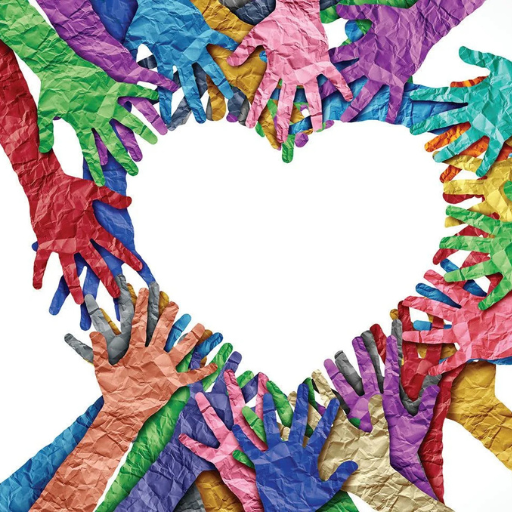Emotional Health: A Cornerstone of Recovery
Emotional health plays a crucial role in addiction recovery, and social networks are at the heart of maintaining that well-being. Recovery is more than breaking free from substance use; it’s about rebuilding connections, finding support, and creating a sense of belonging. Social networks—friends, family, and community—are often the lifeline that helps individuals navigate the complex emotional challenges of recovery.
The Positive Impact of Supportive Social Networks
Research shows that supportive social relationships significantly impact emotional health and recovery outcomes. Social networks provide a sense of accountability, encouragement, and a shared understanding of the recovery journey. For many, relationships with peers who have “been there” offer invaluable emotional guidance. These connections foster hope, celebrate small victories, and provide a listening ear during tough times.
Avoiding Unhealthy Relationships
Not all social relationships are positive for emotional health. Recovery often requires setting boundaries with people who may unintentionally hinder progress. For example, relationships formed during substance use may perpetuate unhealthy patterns. Rebuilding social networks around people who respect and support recovery goals is essential for emotional stability.
The Power of Community-Based Support
Community-based support systems, such as recovery community centers and peer support groups, play a pivotal role in enhancing emotional health. These spaces offer opportunities to share experiences, learn coping skills, and build trust in a safe, nonjudgmental environment. Programs like Alcoholics Anonymous, SMART Recovery, LifeRing and other peer-led initiatives provide structured social networks where individuals can connect with others who understand their struggles.
Family Support: Strengthening Emotional Resilience
Family support also deeply influences emotional well-being. When family members educate themselves about recovery and offer empathy, they create a nurturing environment for healing. On the other hand, unresolved family conflict or stigma can become emotional barriers. Open communication and mutual understanding within families can strengthen emotional resilience for everyone involved.
The Heart of Recovery
Ultimately, recovery is about connection. As Johann Hari aptly put it, “The opposite of addiction isn’t sobriety—it’s connection.” Building and maintaining healthy social networks help individuals find purpose and emotional balance, both critical to long-term recovery. Communities that foster these connections by supporting recovery-friendly policies and reducing stigma create environments where emotional health can thrive.
In the journey to emotional wellness, no one walks alone. By surrounding themselves with understanding, supportive individuals, people in recovery can find the strength to heal and rediscover joy in life.



